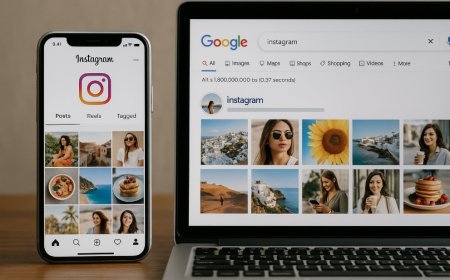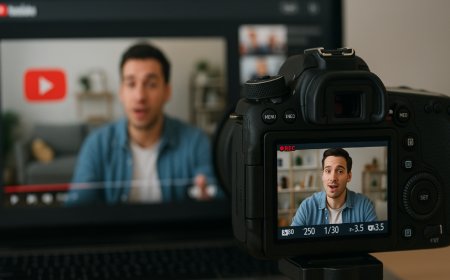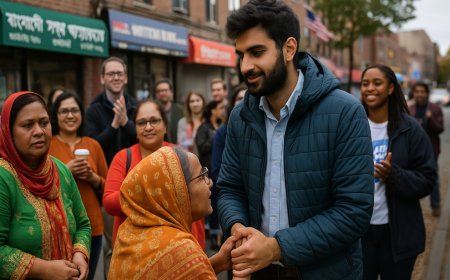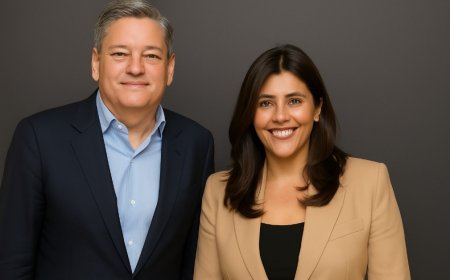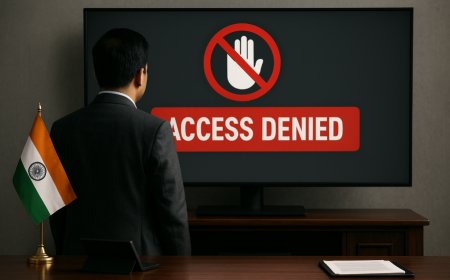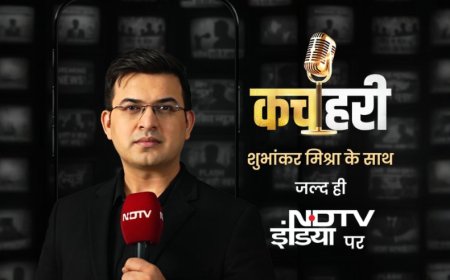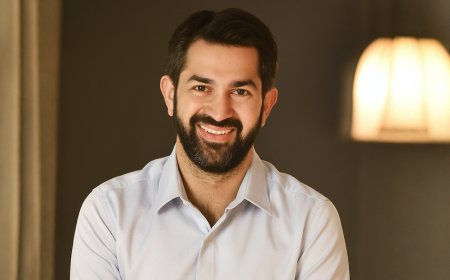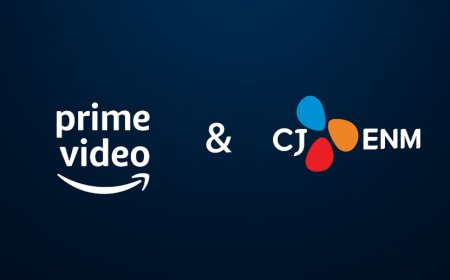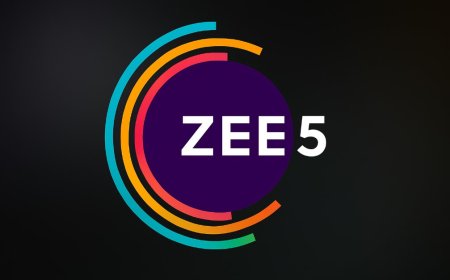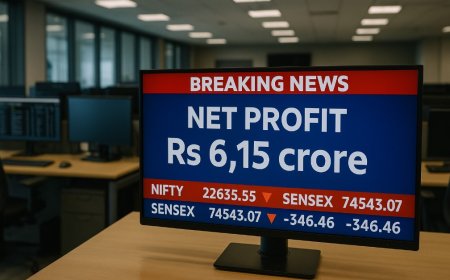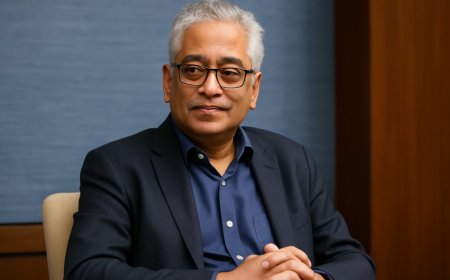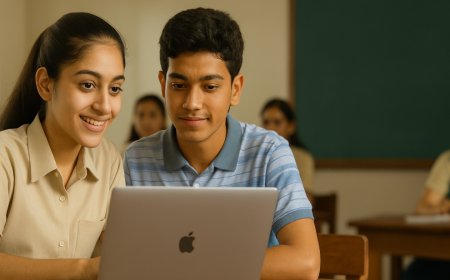X Blocks 8,000 Accounts Following Indian Government Request: A Deep Dive into Digital Governance and Free Speech
Social media platform X (formerly Twitter) has blocked 8,000 accounts in India following a directive from the Indian government. This move underscores the ongoing tensions between digital platforms and state regulations concerning free speech, national security, and online content control.

Introduction
In a significant move that has sparked nationwide debate, X, formerly known as Twitter, has blocked 8,000 accounts in India at the request of the Indian government. The development brings to the forefront the complex and often contentious relationship between tech platforms and regulatory authorities, particularly in a country like India, where online speech intersects deeply with politics, law enforcement, and public discourse.
This blog post explores the context behind the decision, legal frameworks involved, reactions from civil society and digital rights activists, and what this may mean for users and the future of digital freedom in India.
The Background: Government and Social Media Moderation
The Indian government has long maintained that platforms must comply with domestic laws and cooperate with law enforcement when online content is deemed harmful to public order, national integrity, or internal security. Under the Information Technology (Intermediary Guidelines and Digital Media Ethics Code) Rules, 2021, social media companies are required to respond to government takedown requests in a timely manner.
The recent mass-blocking of 8,000 accounts appears to be in line with these legal frameworks. However, questions remain over the transparency, consistency, and potential overreach of such measures.
What We Know About the Blocked Accounts
Although the Indian government has not released a complete public statement detailing the nature of the accounts or the specific reasons for their blocking, sources indicate that the blocked handles were allegedly:
-
Spreading disinformation or communal content
-
Linked to accounts from foreign nations or extremist organizations
-
Promoting anti-national narratives or violating public order norms
In the absence of official clarity, critics argue that the move could stifle legitimate dissent and restrict voices that challenge government policy.
How Did X Respond?
X confirmed in its transparency update that it complied with the government’s directive under Section 69A of the IT Act, 2000, which allows the state to demand content takedown or user blocking to safeguard national security or public interest.
A company spokesperson stated:
"We are required to withhold access to certain accounts in response to valid legal requests. While we strive to keep the platform open and protect freedom of expression, we must comply with local laws in jurisdictions where we operate."
This is not the first time X has complied with such requests. Over the last few years, X has responded to numerous legal takedown demands across various countries, often walking a tightrope between compliance and advocacy for free speech.
Free Speech vs National Security: A Delicate Balance
The event has reignited a fundamental debate—Where should the line be drawn between safeguarding national interests and preserving digital freedom?
Supporters of the government’s action argue that platform accountability is necessary to curb the spread of misinformation, hate speech, and radical propaganda. With India's massive and multilingual user base, unregulated online content can rapidly escalate tensions and even incite violence.
On the other hand, digital rights activists caution that vague or opaque orders to block accounts without judicial review could enable censorship. Critics also point to the lack of transparency reports from the government, making it difficult for the public to verify the legitimacy of the action.
Legal Framework Behind the Action
The government's order is legally grounded in Section 69A of the Information Technology Act, 2000, which gives the Ministry of Electronics and Information Technology (MeitY) the authority to:
-
Direct intermediaries to block public access to content
-
Maintain confidentiality about the takedown requests
-
Penalize non-compliance through legal and financial consequences
While the law is constitutionally backed by concerns of national security and public order, critics argue that the lack of an appeals mechanism or transparency around the review process undermines democratic safeguards.
Reactions from Civil Society and Digital Experts
The Indian digital rights community, including organizations like the Internet Freedom Foundation (IFF), has expressed concern over the implications of the account blocks.
A statement from IFF reads:
“Mass blocking of accounts without adequate disclosure raises critical questions about free expression and accountability in digital governance. Platforms must do more to ensure that their compliance is not silently enabling suppression of dissent.”
Legal experts also warn that overuse of takedown provisions can create a chilling effect, where users begin to self-censor for fear of facing similar penalties—even when their posts are lawful.
What It Means for Users
For Indian users, this development is a reminder of the fragile state of online expression. Content creators, journalists, and social activists may increasingly find themselves in a gray zone where even well-intentioned posts could be flagged or taken down if deemed inappropriate by the authorities.
Users should also be aware of the evolving legal landscape, which now includes:
-
Obligations for platforms to store user data for longer periods
-
Provisions for identifying the originator of a message
-
Requirements for appointing grievance officers in India
These changes collectively signal greater state oversight of online speech, particularly in high-stakes sectors like politics, security, and public health.
Looking Ahead: Regulation and Accountability
The digital ecosystem in India is rapidly evolving, and so are the expectations from platforms to align with national priorities. But as regulation tightens, it becomes equally important to establish checks and balances that prevent arbitrary censorship and ensure freedom of expression is not collateral damage in the name of order.
Experts call for:
-
A transparent public registry of takedown requests
-
An independent review board to oversee such decisions
-
User-facing tools to appeal or contest account actions
Only through transparent and participatory mechanisms can India strike a sustainable balance between security and liberty in the digital age.
Conclusion
The blocking of 8,000 accounts by X at the request of the Indian government represents more than a regulatory action—it is a flashpoint in the ongoing battle between state control and digital freedom. As India continues to assert its digital sovereignty, both platforms and users must navigate a new era of online responsibility shaped by law, politics, and public sentiment.
What's Your Reaction?
 Like
0
Like
0
 Dislike
0
Dislike
0
 Love
0
Love
0
 Funny
0
Funny
0
 Angry
0
Angry
0
 Sad
0
Sad
0
 Wow
0
Wow
0
